Validated Victim ID Screening Tool
We have undertaken a mixed methods research project that validated a human trafficking screening tool for use at Entebbe Airport in Uganda. There are many challenges to effectively identifying individuals who have experienced exploitation. Governments, migrant agencies, survivors, and nongovernmental organizations all have experiences that shape when, how, and if a person who has experienced exploitation is identified and referred for more support.
Our Approach
Our approach is to build consensus among key entities to identify people who deserve full support and ensure that the whole process creates an atmosphere of dignity. We are engaged in this process in Uganda with women who have experienced exploitation while traveling to the Gulf States for domestic work and women who self-identified as having not experienced exploitation.
The Rain Collective completed the validation of questions for a screening tool. Validated screening tools are used in various fields to help ensure the questions being asked are both sensitive and specific. Are you aware of being screened for something before? You may have been screened without knowing it. Have you ever been in an emergency room and have them ask you a list of questions like:
On a scale of 1-10, how bad is your pain?
Do you feel safe?
Have you had a fever?
When did you first start noticing symptoms?
The question about being safe is a screening question for domestic abuse. Similary, the tool we have worked on was prepared for use at Entebbe Airport in Uganda where women often return from domestic work in the Middle East. The tool needed to be able to be administered in a short amount of time and be able to identify women who had experienced the conditions of human trafficking. The tool consists of nine questions that can, in less than three minutes, identify women who have experienced the conditions of human trafficking.
We are now in a second stage of development that tests the feasibility of implementing the tool at the Entebbe airport. Our hopes are to better identify women who need support and bring greater public awareness to the challenges they face.
We are grateful to Atlas Free who funded the validation of this tool.

